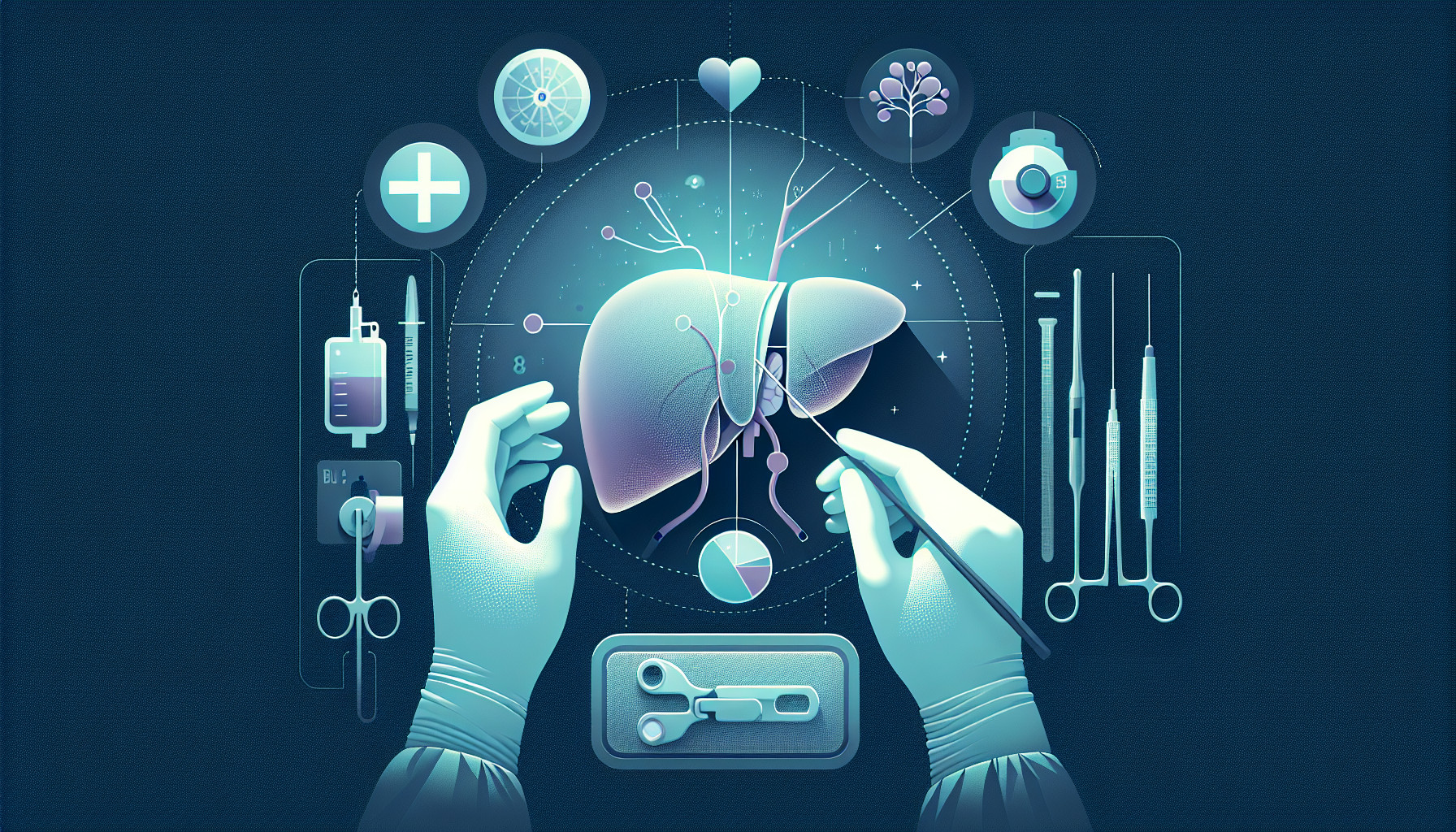Our Summary
This research study set out to understand how often, how severely, and why children who have had a liver transplant might suffer from acute kidney injury after their operation. They focused on children who were 18 years old or younger and who had a liver transplant between January 2009 and July 2019.
Acute kidney injury is when the kidneys suddenly stop working properly, which can happen after major surgeries like liver transplants. The researchers were particularly interested in children with and without inborn errors of metabolism - these are rare genetic disorders that can affect the liver, leading to a need for a transplant.
The results showed that more than half (57%) of the children studied experienced acute kidney injury after their transplant. Of these, almost a third (31.4%) had severe kidney injury. The researchers found no significant link between having an inborn error of metabolism and suffering from acute kidney injury.
However, they discovered that for children without these genetic disorders, having a higher preoperative INR (a measure of how quickly blood clots) was linked to a higher risk of acute kidney injury. This suggests that the worse a child’s liver function was before the transplant, the more likely they were to suffer from acute kidney injury after the operation.
The study also found that children who had acute kidney injury generally had to stay in the hospital longer, including more days in intensive care.
The researchers concluded that acute kidney injury is common after pediatric liver transplants and that the link between preoperative liver function and postoperative kidney injury needs further investigation.
FAQs
- What is acute kidney injury and how is it related to liver transplants in children?
- Was there a link found between inborn errors of metabolism and acute kidney injury in the study?
- What factors were found to increase the risk of acute kidney injury in children without inborn errors of metabolism?
Doctor’s Tip
One helpful tip a doctor might give to a patient about pediatric liver transplant is to closely monitor kidney function after the surgery. This can help detect any signs of acute kidney injury early on and allow for prompt intervention to prevent further complications. It is also important to follow all post-operative care instructions, including taking medications as prescribed, attending follow-up appointments, and maintaining a healthy lifestyle to support overall recovery. Additionally, any concerns or changes in symptoms should be reported to the healthcare team immediately for appropriate management.
Suitable For
Pediatric liver transplant patients who are at a higher risk for acute kidney injury include those with preoperative liver dysfunction, higher preoperative INR levels, and those who require longer hospital stays. Children with inborn errors of metabolism also may be recommended for pediatric liver transplant due to liver dysfunction caused by their genetic disorder. These patients may require close monitoring for acute kidney injury post-transplant. Further research is needed to better understand the relationship between preoperative liver function and postoperative kidney injury in pediatric liver transplant patients.
Timeline
In summary, before a pediatric liver transplant, a patient may experience symptoms related to their underlying liver disease, such as jaundice, fatigue, abdominal pain, and weight loss. They will undergo various tests and evaluations to determine if a liver transplant is necessary.
After the transplant, the patient will go through the surgery and recovery process, which may involve staying in the hospital for an extended period of time. They will be closely monitored for any complications, including acute kidney injury.
In the days and weeks following the transplant, the patient will need to take medications to prevent rejection of the new liver and to manage any complications that may arise. They will also need to attend regular follow-up appointments to monitor their progress and make any necessary adjustments to their treatment plan.
Overall, the timeline for a patient before and after a pediatric liver transplant involves a combination of medical evaluations, surgery, recovery, and ongoing care to ensure the success of the transplant and the patient’s overall health and well-being.
What to Ask Your Doctor
Some questions a patient should ask their doctor about pediatric liver transplant and the risk of acute kidney injury include:
- What is acute kidney injury and why is it common after pediatric liver transplants?
- What are the potential risk factors for acute kidney injury in children undergoing liver transplants?
- How can we monitor and prevent acute kidney injury in pediatric liver transplant patients?
- What are the symptoms of acute kidney injury and when should we seek medical attention?
- How does acute kidney injury affect the overall recovery and long-term outcomes of pediatric liver transplant patients?
- Are there any specific precautions or treatments that can help reduce the risk of acute kidney injury in my child during and after the transplant surgery?
- What follow-up care and monitoring will be needed to ensure the health of my child’s kidneys post-transplant?
- Are there any lifestyle changes or medications that can help support kidney function in pediatric liver transplant patients?
- Are there any ongoing research studies or clinical trials focused on improving outcomes for children at risk of acute kidney injury after liver transplants?
- How can we work together as a team to optimize my child’s overall health and well-being following a liver transplant, taking into consideration the potential risk of acute kidney injury?
Reference
Authors: Silver LJ, Pan S, Bucuvalas JC, Reid-Adam JA, Oishi K, Ofori-Amanfo G, Gangadharan S. Journal: J Intensive Care Med. 2022 Jan;37(1):107-113. doi: 10.1177/0885066620978729. Epub 2020 Dec 7. PMID: 33283598
